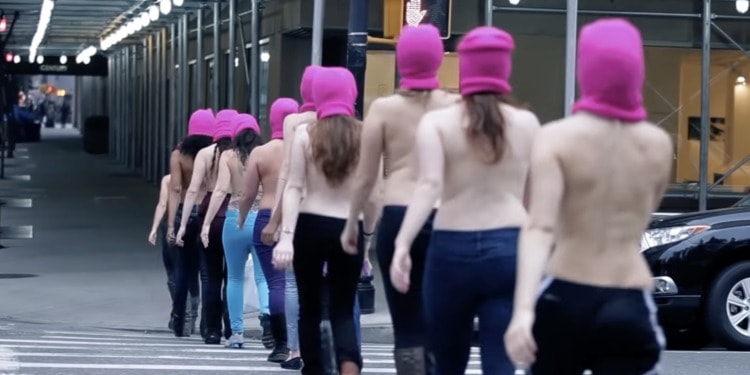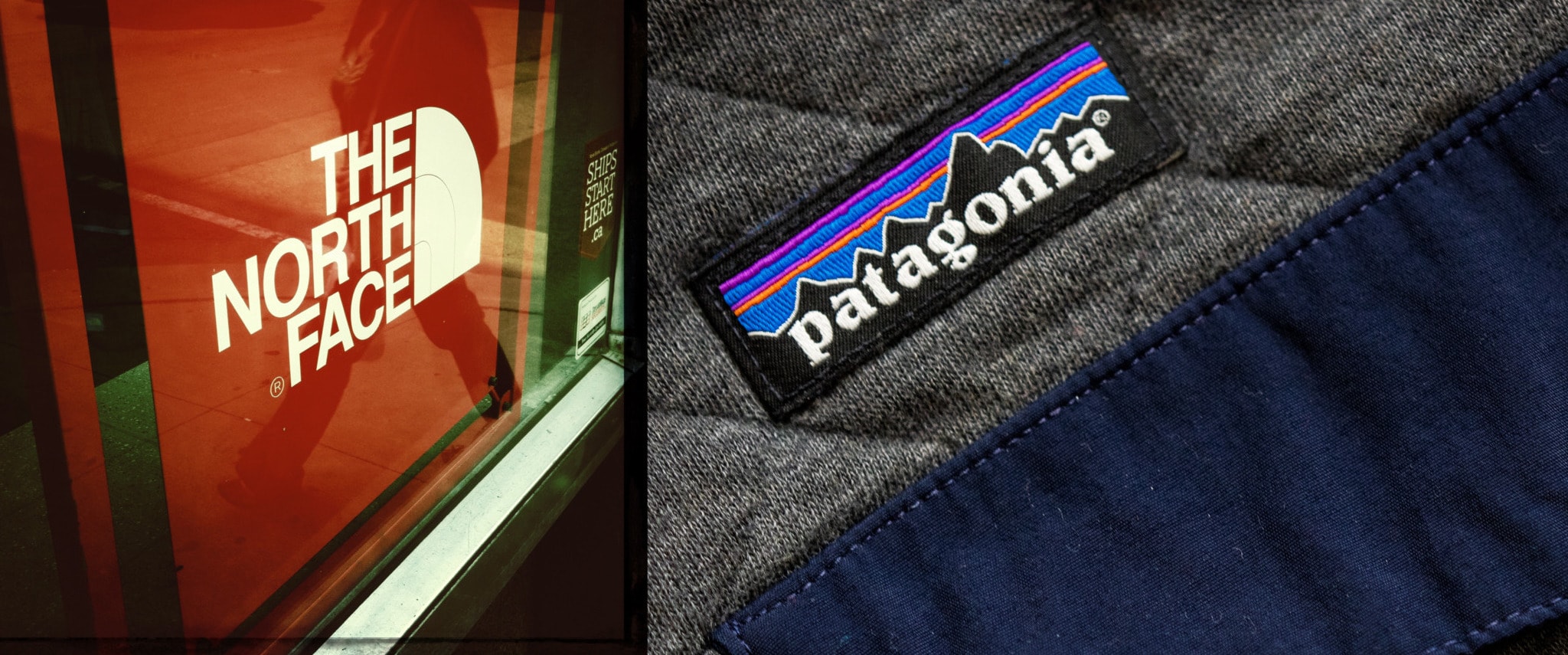After over a decade since the “Free the Nipple” campaign began in 2012, Meta’s Oversight Board has recommended Meta to define criteria to govern its adult nudity policy.
Facebook and Instagram are both owned and operated by Meta.
In a statement released earlier this week, the advisory board stated “Meta’s policies on adult nudity result in greater barriers to expression for women, trans and gender non-binary people on its platforms.”
They now recommend Meta: “Define clear, objective, rights-respecting criteria to govern its Adult Nudity and Sexual Activity Community Standard, so that all people are treated in a manner consistent with international human rights standards, without discrimination on the basis of sex or gender.”
The board behind the ruling is made up of 40 members from a diverse range of cultural and professional backgrounds, who together oversee Meta’s content decisions.
The board are able to take independent action on specific cases, helping Meta to maintain a safe online environment with the mission of “ensuring respect for free expression, through independent judgement.”
These recommendations come after the board recently overturned one of Meta’s content decisions in taking down two posts which it deemed violated its Sexual Solicitation Community Standard.
Today the Board overturned Meta’s original decisions to remove 2 posts depicting transgender and non-binary people with bare chests.
The Board recommends Meta change its rules on adult nudity and sexual activity so that they are governed by international human rights standards.
— Oversight Board (@OversightBoard) January 17, 2023
Meta’s policies
The content that sparked the board’s overturning was posted on Instagram by a couple who identify as transgender and non-binary, and featured images of the couple “bare-chested with the nipples covered,” accompanied by captions that discussed transgender healthcare and gender-affirming surgery.
The posts were flagged by Meta’s automated systems and were also reported as inappropriate by other users, after which both posts were removed by Meta.
The oversight board reviewed this specific case after receiving an appeal from the accused users, and found that “removing these posts is not in line with Meta’s Community Standards, values or human rights responsibilities.”
The couple’s posts have since been restored by Meta after the company found they had been removed in error. A Meta representative said the company “welcomes the board’s decision in this case,” adding that:
“We are constantly evolving our policies to help make our platforms safer for everyone.”
The oversight board found that this case highlights “fundamental issues with Meta’s policies.”
“This policy is based on a binary view of gender and a distinction between male and female bodies,” states the board.
Related Articles: Contemporary Feminism at the Cybernetic Crossroads | Feminism Between Globalization and Tradition: The Rise of Aurat Marches in Pakistan | 10 Incredible Female Climate Activists You Should Know | March 8th & The Fashion Industry: International Women’s Day Is About Empowerment
They go on to highlight how this approach “makes it unclear how the rules apply to intersex, non-binary and transgender people, and requires reviewers to make rapid and subjective assessments of sex and gender which is not practical when moderating content at scale.”
“The lack of clarity inherent in this policy creates uncertainty for users and reviewers, and makes it unworkable in practice,” says the board.
There are some exceptions to the rules on female nipple exposure (e.g., protests, childbirth, medical and health context, top surgery and breast cancer awareness) however the board mentions that these are often confusing and poorly-defined, and that the existing policies still result in “greater barriers to expression for women.”
In light of these findings, Meta’s content advisory board are now directly calling on the company to “change its approach to managing nudity on its platforms.”
Hopefully this means we’re one step closer to “freeing the nipple” across social media, but we will have to wait and see.
“Free the Nipple” – the movement that started it all
No doubt you’ve heard the words “Free the Nipple” spoken many times, both in reference to the feminist campaign and in casual conversation – the phrase has been nothing less than fully integrated into popular feminist language.
Free the nipple, but make it fashion. https://t.co/w4WhxeBHs3
— Vogue Magazine (@voguemagazine) September 21, 2022
There is in fact an entire film created by the founder of the “Free the Nipple” cause.
In 2012, Lina Esco, American actress, producer, director and activist, released the independent film inspired by true events, which depicts a pink balaclava-wearing women activists protesting censorship and public nudity laws across New York City. The film soon became a global movement as clips accompanied by the hashtag “#FreetheNipple” were shared online.
Some clips of the film were taken down from platforms, but “Free the Nipple” went on to premiere at Sundance Film Festival after being picked up by New York production company, IFC Films, who describe the picture as “[m]ore than just a movie,” explaining:
“Free the Nipple has launched an empowering real-life movement, inspiring women across the globe to take back their bodies.”
Since then, the movie and movement have gathered a global following, sparking protests and garnering widespread support from many celebrities such as Cara Delevigne, Rihanna, Lena Dunham, Miley Cyrus and Chrissy Teigen.
https://twitter.com/Caradelevingne/status/481613898710151169
Controversy surrounding the cause continues, as many women still face criticism and unwarranted censorship of their bodies, for what they wear, and for the ways they choose to express themselves in public or online.
Actress Florence Pugh was targeted online after she wore a sheer pink Valentino gown that exposed her nipples on the red carpet of the designer’s fashion show last year in Rome.
The actress has faced criticism since, and in an interview with Vogue last week responded saying:
“I don’t want to offend people, but I think my point is: How can my nipples offend you that much?”
“What’s worrying is just how vulgar some of you men can be. Thankfully, I’ve come to terms with the intricacies of my body that make me, me… I’m fully aware of my breast size and am not scared of it.” https://t.co/0ut5hmyvcJ pic.twitter.com/Nm8lzfx3BW
— British Vogue (@BritishVogue) July 11, 2022
Although governing the exposure of female nipples online at scale is a complex and challenging task for different reasons (e.g., the limitations of AI systems, the complex criteria within nudity policies, and issues related to consent, to name just a few) it’s imperative that progress in this area is prioritised to ensure that people’s freedom, equality, safety and consent are protected equally.
Isn’t it about time we freed the nipple?
— —
Correction: This article has been updated since publication to remove opening sentence on social media policies and sentence on searching for the “Free the Nipple” trailer to avoid assumption; clarify Meta’s policies and the Oversight Board’s recommendations and decision in the article and subtitle; to shorten the conclusion significantly removing unrelated information for clarity; and remove quote from Mark Zuckerburg along with other information on AI systems due to relevance.
Editor’s Note: The opinions expressed here by the authors are their own, not those of Impakter.com — In the Featured Photo: Screenshot of “Free the Nipple” Official Trailer. Featured Photo Credit: “Free the Nipple” Official Trailer/YouTube














